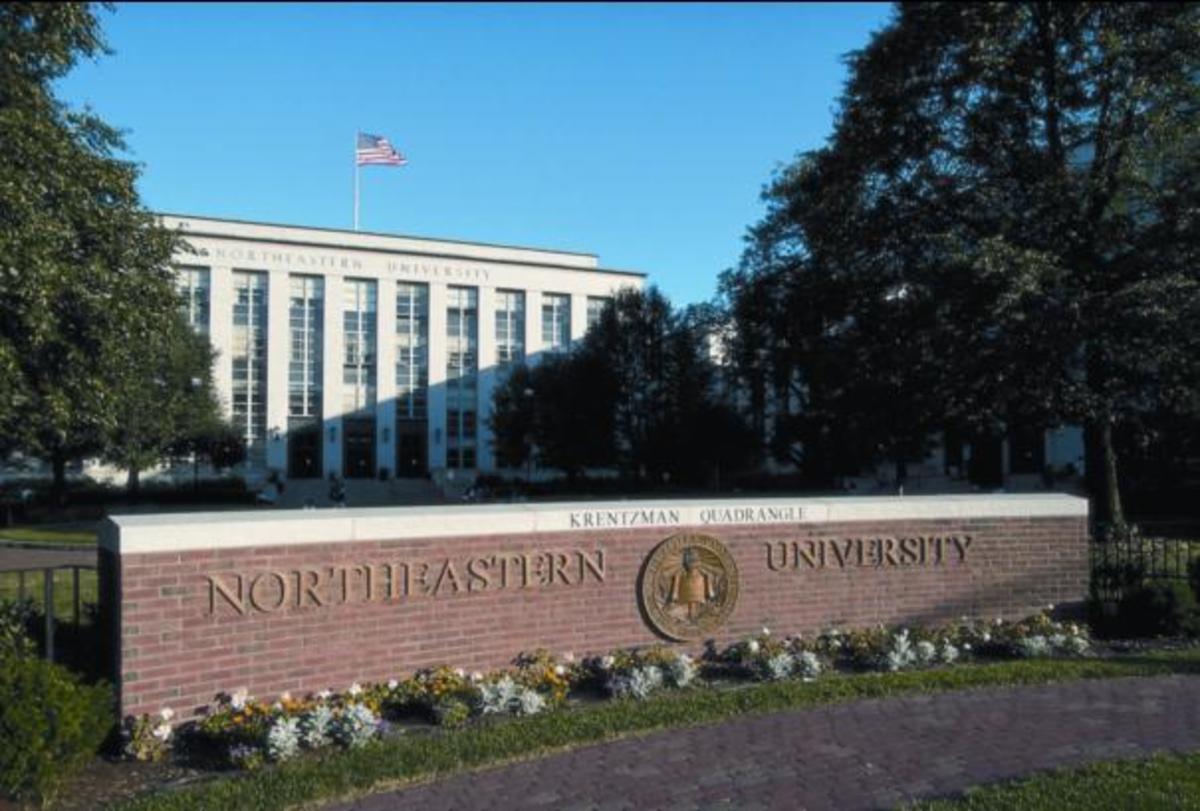These days, I spend the majority of my days working full-time at my bar exam coaching company, but I still moonlight as an adjunct professor of law (and sometimes even an adjunct professor of political science to college freshman, but that is a story for another day).
Some of my students are required to take my classes for academic reasons and the mood in those classrooms can at times be tense, bordering on hostile. The students are angry because they are required to take a class they don’t believe they need and don’t think will help them. But on a deeper level, I believe they are upset with themselves and their perceived failure and I am the physical representation of all those things. It is much, much easier to be mad at me, their professors from last semester, the dean, and the school in general than it is to take a long, hard look at their own actions and responsibilities.
While this situation sometimes creates a difficult-to-navigate classroom dynamic, I return to teach these classes again and again. This is not because I’m a masochist, but because I don’t view my classes as a manifestation of failure. Rather I see these classes as an opportunity to change, improve, and reach a different outcome than what these students are used to and expect.
Through my teaching experiences, I’ve come to learn a lot about what law students perceive to be failure, such as getting “bad” grades, being placed in an academically mandated class, not getting on law review, not being in the top X percent of the class, not getting a specific internship/externship/job, and the “ultimate” failure — failing the bar exam.
Listen, I get it. Most law students are used to seeing all As and Bs in their undergraduate program, so it can be a real shock to the system to see a C on their transcript. It is a very humbling experience. I can say this from firsthand experience… let’s just say you don’t want me to draft you a contract anytime in the near future.
But, you might have noticed that I keep saying “perceived failures” instead of simply “failures.” That is because basically every time I’ve “failed,” it has actually turned out to be one of the greatest things to happen to me.
Here are three “failures” just from my law school experience:
- Getting a C in contracts → Forced me to reevaluate my study methods and actually learn how to study which allowed me to crush the rest of law school and pass three bar exams on my first try. I also uncovered the skill set that has led me to build a business and career that I love.
- I didn’t get a scholarship to cover living expenses in law school → Took a babysitting job working for two lawyers who helped me get amazing internships I otherwise probably wouldn’t have even gotten interviews for.
- Didn’t get the post-grad job I wanted → Started running my own business one year out of law school and enjoy complete freedom over my time, schedule, and life today.
None of those things felt good when they happened, but I didn’t let the “failure” eat me alive. Instead, I used the following five steps to overcome the “failure” and persevere. I have also used these steps to help countless law students when they are up against their own perceived failure.
Be reflective and accept personal responsibility
This is the hardest step, in my opinion, so we may as well get it out of the way first. It is crucially important for you to be reflective of your situation and accept personal responsibility where appropriate. I am not saying that you’re never going to get screwed over in law school. Sure, you might have an unfair or difficult experience with a professor, and if that happens, I hope you take advantage of the resources available to you through your school.
But, for the most part, if things aren’t going the way you want, the only person who has real control over fixing that is you. If you didn’t see the grades you were hoping for last year, it might be an issue of motivation or effort. However, more likely, it is an issue of “law school is brand new and I’m trying really hard but I have no idea what I’m doing.” Admitting that doesn’t make you a failure, stupid, or unworthy. It just makes you new at this. The sooner you can determine that there is a gap in the skill set that you have and the skill set that you need to have, the sooner you can get working on acquiring it.
While this step is necessary, don’t get stuck here. While some students have real difficulty facing the role they play in their own achievements or lack thereof, other students over-identify, take things way too personally, and get really stuck in their feelings. That is not a helpful approach either. This step is about being honest and self-aware, not beating yourself up
Seek advice
Once you’ve taken the time to sort out your own thoughts and feelings on things, the next step to take is to seek out advice. Your life will be much easier if you can talk to someone who has “been there” and “done that.” If you determine your needs are academic, seek out the academic success department. Their job is to help you figure out “how-to” law school. Are mental health or emotional issues holding you back? Inquire about counseling services. Really stressed out about finding a job? Call up career services. If you aren’t sure where to start, your office of student services is probably a good place. Let the experts give you an outside perspective on your situation and give you some advice on how to reach your goals.
Make a plan
Using your own reflections and the expert advice that you received, formulate a plan. At this point, you know where you are, where you want to be, and what went wrong, and you have some pointers on things to change. Now you have to decide what steps you will take to reach those goals. If your goal is to improve your GPA, your plan may include making changes to the way you read and brief cases, take notes, create outlines, and do practice questions among other things. Whatever the goal, figure out the steps and write them down.
Execute
All the planning in the world won’t help you if you don’t take action. You absolutely must put your plan into action in order for it to work for you. And, spoiler alert, it won’t be easy. Change is hard. You already learned how to make outlines a certain way and that was hard enough. Now you have to unlearn that and learn something new. But, continuing to do the same thing even though you now know it won’t give you the results you want and know that there is a better way, won’t help you and will result in unnecessary stress. If executing a plan is not your strong suit, get an accountability system in place and let others help to keep you on track.
Follow up and adjust
I hate to break it to you, but this “plan” that you created is probably not perfect! There is a lot of trial and error that goes into learning new skills and reaching new goals. Set specific times where you will check back with your plan to see if it is still serving you and make adjustments as necessary.
Law school, like life, is tough. Things are not always going to go the way you want or anticipated. You’ll fail sometimes, but that doesn’t mean you’re a failure. And fortunately, you can do something about it. Use these steps to take back control over your situation and fight to overcome any obstacles in your way.
 Kerriann Stout is a millennial law school professor and founder of Vinco (a bar exam coaching company) who is generationally trapped between her students and colleagues. Kerriann has helped hundreds of students survive law school and the bar exam with less stress and more confidence. She lives, works, and writes in the northeast. You can reach her by email at info@vincoprep.com.
Kerriann Stout is a millennial law school professor and founder of Vinco (a bar exam coaching company) who is generationally trapped between her students and colleagues. Kerriann has helped hundreds of students survive law school and the bar exam with less stress and more confidence. She lives, works, and writes in the northeast. You can reach her by email at info@vincoprep.com.








 Kerriann Stout is a millennial law school professor and founder of
Kerriann Stout is a millennial law school professor and founder of 







 Kathryn Rubino is a Senior Editor at Above the Law, and host of
Kathryn Rubino is a Senior Editor at Above the Law, and host of 
 Jordan Rothman is a partner of
Jordan Rothman is a partner of